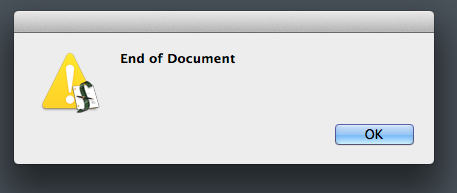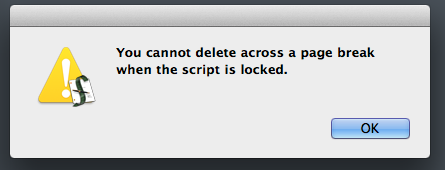One of the most common refrains I’ve heard during the Amazon/Hachette tussle is that ebooks should cost less to buy because they cost less to make.
Question: Who cares about manufacturing costs?
Answer: Manufacturers. And that’s it.
Let’s say you’re buying a hammer. You don’t care that it costs Black & Decker $5.23 to manufacture it, package it, and ship it. All you want to know is how much you have to pay for it at Home Depot.
Does Home Depot care about the hammer’s manufacturing costs? Not really. They just buy hammers from Black & Decker and sell them to customers. If a shortage of steel causes Black & Decker’s per-hammer cost to increase 10%, does Home Depot care? No. Not at all.
Home Depot is a big company, so they’ll likely push Black & Decker to sell them hammers for less, so they can increase their margin.
That’s business.
Amazon is pushing Hachette to sell them ebooks for less, so they can make more money.
That’s business.
So let’s be clear: *There’s nothing wrong with Amazon wanting Hachette to sell them ebooks for less.* In their internal negotiations with Hachette, I’m sure Amazon brings up how much cheaper it must be for Hachette to manufacture ebooks than paper books.
But with [astroturf](http://en.wikipedia.org/wiki/Astroturfing) campaigns like Readers United, Amazon is suddenly trying to make its customers care about manufacturing costs. Here’s what they write on the [site](http://readersunited.com):
> With an e-book, there’s no printing, no over-printing, no need to forecast, no returns, no lost sales due to out of stock, no warehousing costs, no transportation costs, and there is no secondary market — e-books cannot be resold as used books. E-books can and should be less expensive.
That last sentence pulls a clever trick by omitting the indirect object, thus confusing cost and price. Are we supposed to read the sentence as…
> E-books can and should be less expensive for manufacturers. (cost)
or
> E-books can and should be less expensive for readers. (price)
The first version is logical. Ebooks are almost certainly less expensive to make, although [not necessarily as much as one would think](http://dave-bryant.livejournal.com/21544.html).
But does it logically follow that ebooks can and should be priced lower for readers?
I agree with “can.” Anything can be priced lower. That’s a fact. The Kindle Fire tablet is priced lower than it would otherwise be because Amazon is willing to [sell it at a loss](http://www.npr.org/blogs/money/2011/11/16/142310104/why-amazon-loses-money-on-every-kindle-fire).
But “should” doesn’t follow logically. “Should” is not a fact, it’s an opinion, and everyone is entitled to her own, particularly about price.
Amazon wants to sell ebooks profitably at $9.99. In order to do that, they need publishers to sell them the books at some number less than that. It’s the same negotiation Home Depot has with Black & Decker. Except that you don’t see Home Depot setting up websites that [selectively quote George Orwell](http://www.theguardian.com/books/2014/aug/14/orwell-estate-amazon-corporate-doublespeak) to make their point.
Remember, Amazon just wants to sell books. They truly don’t care how much they cost to make, and neither should we.

